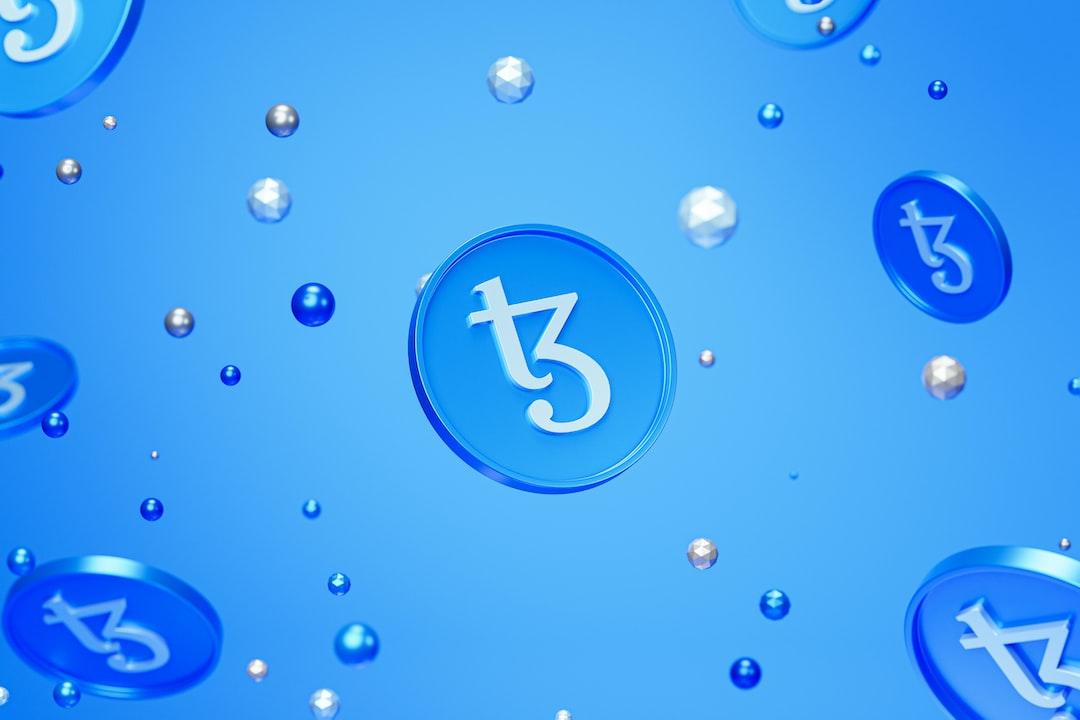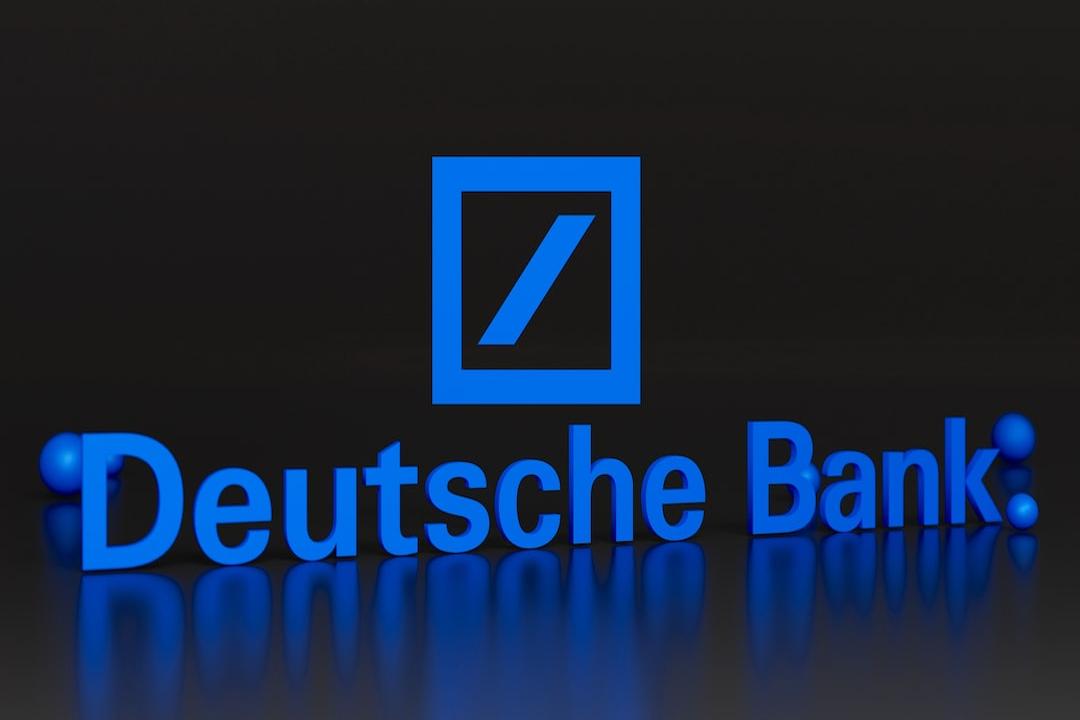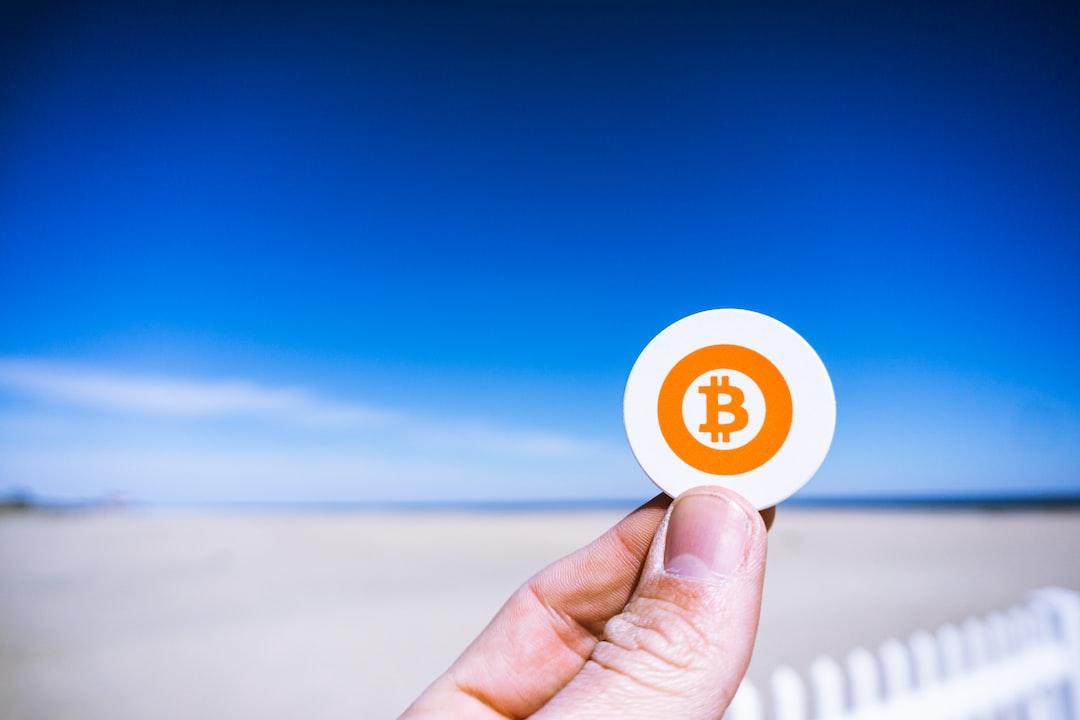
Controversy Arises Over Sybil Filtering in Response to zkSyncs ZK Token Airdrop
zkSync, a solution for scaling Ethereum on layer-2, has received backlash over the distribution of its ZK token airdrop.
Critics argue that the airdrop was easily exploitable due to the lack of sufficient anti-Sybil measures, leading to a significant decrease in zkSync’s total value locked (TVL).
The project had planned to distribute 17.5% of the total 21 billion ZK token supply to early users through a one-time airdrop. Despite attempts to clarify the allocation and eligibility criteria, some users remain unsatisfied.
zkSync, an Ethereum zero-knowledge (ZK) layer-2 scaling solution, has been criticized for its ZK token airdrop. The project aims to reward long-time supporters since its Mainnet development in 2023, but experts and rival networks have raised concerns about the perceived lack of anti-Sybil measures and unfair token distribution.
Mudit Gupta, the information security chief of rival layer-2 network Polygon, described the ZK token airdrop as possibly the “most farmable and farmed airdrop ever,” claiming that zkSync had “almost no Sybil filtering.” This sentiment was echoed by Cinneamhain Ventures partner Adam Cochran, who stated that the airdrop criteria were “easy to not hit as a real user, and easy to hit as a farmer.”
As a result of the controversy, zkSync’s total value locked (TVL) has significantly dropped. According to DeFiLlama, the TVL fell from nearly $200 million to around $128 million following the announcement of the ZK token distribution details, indicating a loss of confidence among users who felt marginalized by the distribution strategy.
zkSync has announced that 17.5% of the total 21 billion ZK token supply will be distributed to early users through a one-time airdrop on June 17. The project clarified that 89% of this allocation is intended for users who have made significant network transactions, while the remaining 11% is reserved for developers and researchers. However, this clarification has not quelled the dissatisfaction among some users who feel inadequately rewarded.
The project has emphasized its commitment to transparency and community engagement, inviting further feedback to better align future decisions with user expectations. zkSync maintains that its token distribution plan, which allocates 16.1% of tokens to the team and 17.2% to investors, with the rest dedicated to ecosystem initiatives, is designed to support a growing ecosystem as new users join the network.
As the ZK token launch date approaches, the debate surrounding the fairness and effectiveness of zkSync’s airdrop continues. Some users predict that the token could reach $1 at launch, while pre-listing platforms like Whales Market show the price trading at around $0.34.












